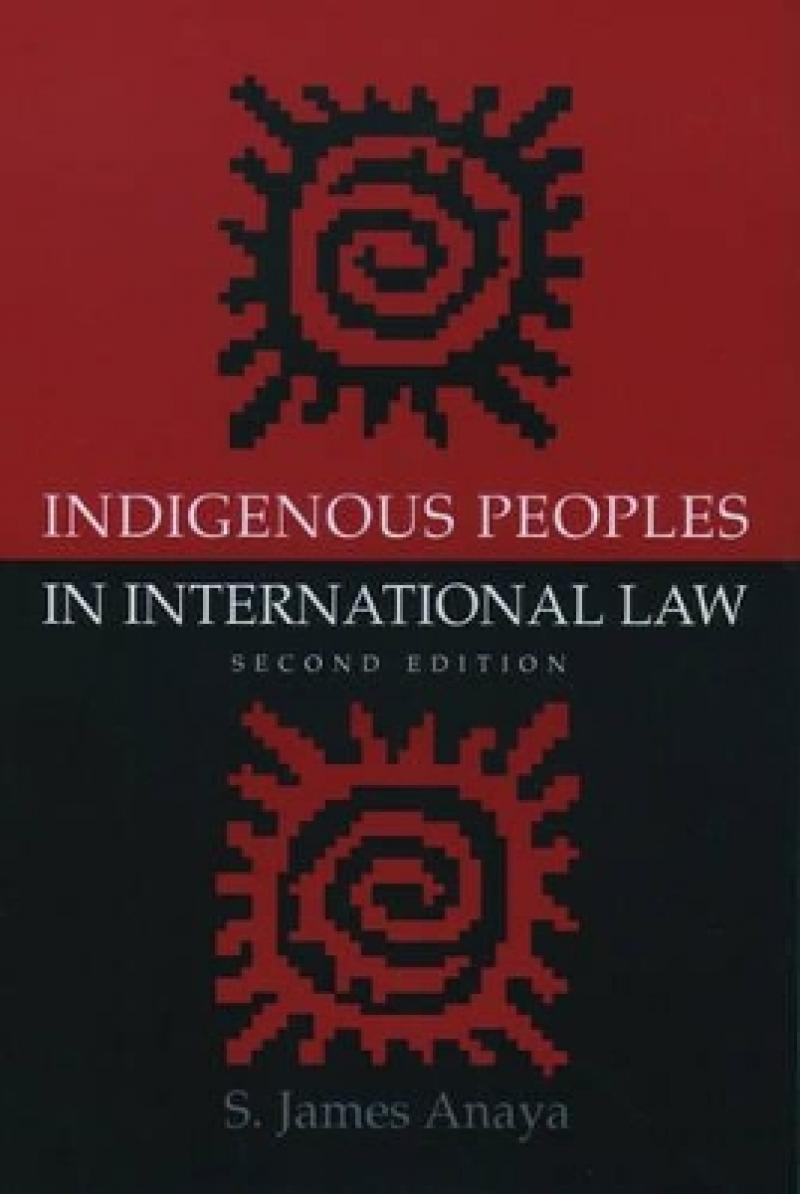In this thoroughly revised and updated edition, Anaya incorporates references to all the latest treaties and recent developments in international law's treatment of indigenous peoples. Anaya provides new evidence to support the claim that while historical trends in international law facilitated the colonization of indigenous peoples and their lands, modern international law's human rights program has been responsive to indigenous peoples' aspirations to survive as distinct communities in control of their own destinies. Against this historical backdrop, James Anaya discusses a new generation of international treaties that may be capable of implementing international normsning concerning indigenous peoples.
Les mer
Aims to provide evidence to support the claim that while historical trends in international law facilitated the colonization of indigenous people and their lands, modern international law's human rights program has been responsive to indigenous peoples' aspirations to survive as distinct communities in control of their own destinies.
Les mer
Introduction
Part I. DEVELOPMENTS OVER TIME
1: The Historical Context
2: Developments within the Modern Era of Human Rights
Part II. CONTEMPORARY INTERNATIONAL NORMS
3: Self-Determination: A Foundational Principle
4: Norms Elaborating the Elements of Self-Determination
5: The Duty of States to Implement International Norms
Part III. NORM IMPLEMENTATION AND INTERNATIONAL PROCEDURES
6: International Monitoring Procedures
7: International Complaint Procedures
Conclusion
Appendix: Selected Documents
Bibliography
Table of Principle Documents
Table of Cases
Index
Les mer
This new edition re-confirms his reputation in this field. This is an important textbook by a major legal scholar, written, as always, with considerable fluency and clarity as well as persuasiveness...The account he gives is of an international order that in only just having turned its attention to tribal people is still in a highly formative and exploratory state. In this area international law is at its outset. This second edition is to be welcomed for so informally taking us a stop or two further along that new pathway.
Les mer
PRAISE FOR THE PREVIOUS EDITION:
"No human rights collection would be complete without this well-documented survey of an often-neglected area of international law."--American Society of International Law
"Anaya's distillation of the complex debate surrounding the content of the right to self-determination has a clarity that is often missing in discussions of the term....Anaya's presentation of the history, continuing struggles, and achievements of the indigienous rights movement is exemplary scholarship."--European Journal of International Law
"Deserves a readership well beyond those interested only in indigenous peoples. It is a fascinating study of the dramatic changes occurring in the doctrine of international law in our times."--American Journal of International Law
"...The scope, detail, and documentary rigor of [the book] make it an essential reference for future work in the field."-American Political Science Review
"James Anaya has done for indigenous people in international law what Felix Cohen did for Native Americans in the United States. He has brought clarity, understanding, and order to a field previously understood only in isolated bits and pieces.It will now be impossible to think about this topic without consideration of Professor Anaya's prodigious research and deeply analytical jurisprudential and pragmatic insights."--Rennard Strickland, Dean, Oklahoma City
University School of Law
"[P]rovides a thorough, insightful, and constructive analysis of the treatment of indigenous peoples in both historical and contemporary international law regimes. The book leaves the reader with a clearer understanding of the failures of international law in the past, as well as a sense of the potential of international law today."--Virginia Journal of International Law
"This book is particularly important for the readers who want a deeper understanding of how and why indigenous peoples are in their current condition 'relative to others in humanity'"--Human Rights & Human Welfare
Les mer
S. James Anaya is James J. Lenoir Professor of Human Rights Law and Policy at the University of Arizona, James E. Rogers College of Law, where he teaches and writes in the fields of international human rights, indigenous peoples' rights, and constitutional law. He has practiced law representing Native American peoples and organizations in matters before United States courts and international institutions.
Les mer
Produktdetaljer
ISBN
9780195173505
Publisert
2004
Utgave
2. utgave
Utgiver
Vendor
Oxford University Press Inc
Vekt
622 gr
Høyde
234 mm
Bredde
156 mm
Dybde
22 mm
Aldersnivå
P, 06
Språk
Product language
Engelsk
Format
Product format
Heftet
Antall sider
408
Forfatter
